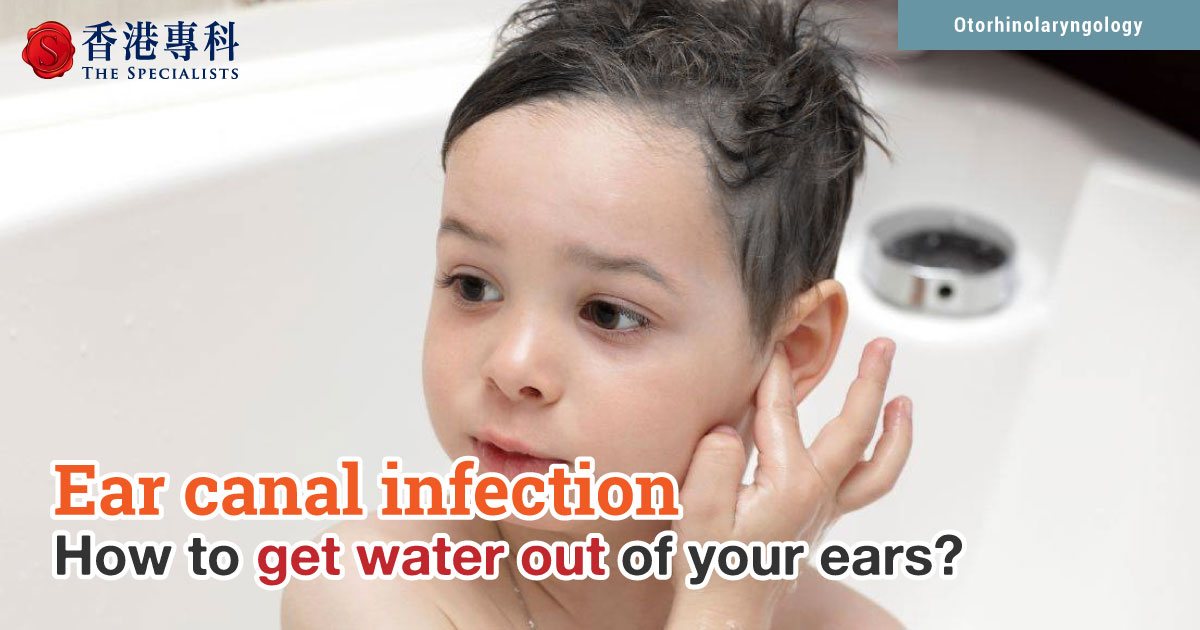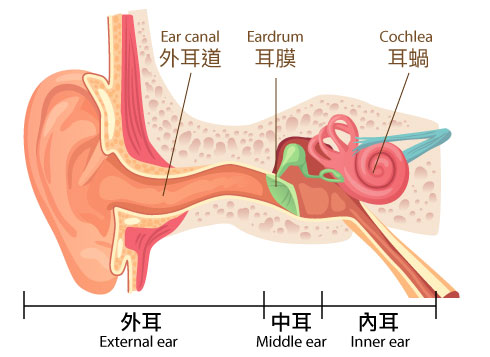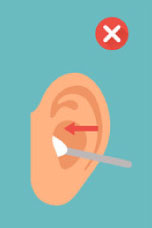Ear canal infection: How to get water out of your ears?

Many of us may experience muffled hearing and ear pain due to the water trapped in the ear. In severe cases, significant hearing loss may occur. The specialist will examine the ear to look for signs of fluid in the middle ear, which may indicate an infection.

Risks of playing in water
Playing in the water can be fun for people of all ages. Swimmer's ear is a very common infection in the outer ear canal which is often brought on by water that remains in the ear after swimming, creating a moist environment that aids bacterial growth. If you jump into the water without wearing the earplugs, all of the splashing around can occasionally lead to water getting trapped in your ears, and then push wax against the eardrum and ear canal with an increasing risk of eardrum perforation.
Getting water in the ear while bathing
When water drips into the ear during a bath may also cause an ear infection. Applying shampoo to clean the ear is not advisable as it might probably get water or shampoo into the ear. As there are chemical ingredients found in shampoos, they may additionally irritate the sensitive skin of the canal and even cause infections.
Can we use cotton swabs to absorb water in the ear?
We should remember to use cotton swabs only on the outside of the ear instead of inserting it far into the ear. Putting cotton swabs or other objects in your ears can lead to certain injuries by damaging the thin layer of skin lining your ear canal. After showering, you may use the cotton swabs to simply wipe away excess water from the outer ear. Another option is to turn on the hair dryer to its lowest setting to help evaporate the water inside your ear canal.

Jumping on one leg with the water-filled ear tilted to the ground
You may try to jump up and down with the affected ear titled toward the ground. Meanwhile, you may prepare a towel or a cotton tissue to wipe up the water that is coming out. These actions may create a pressure change and draw the water out.
Do not hit the head to get water out of ears
When water gets inside your ear after swimming or bathing, do not shake the head or even hit the head to free trapped water since it can cause head injury or brain damage.
Prevent ear infections by wearing earplugs
To avoid getting the water into ears and the bacterial infection in the middle ear, please choose earplugs that are designed for swimming. Earplugs help to prevent water and bacteria from entering the ear canal, reducing the chances of infection and the dreaded "swimmer's ear".
*The above information is for reference only, please consult your doctor for detail.

 3405 8288
3405 8288
